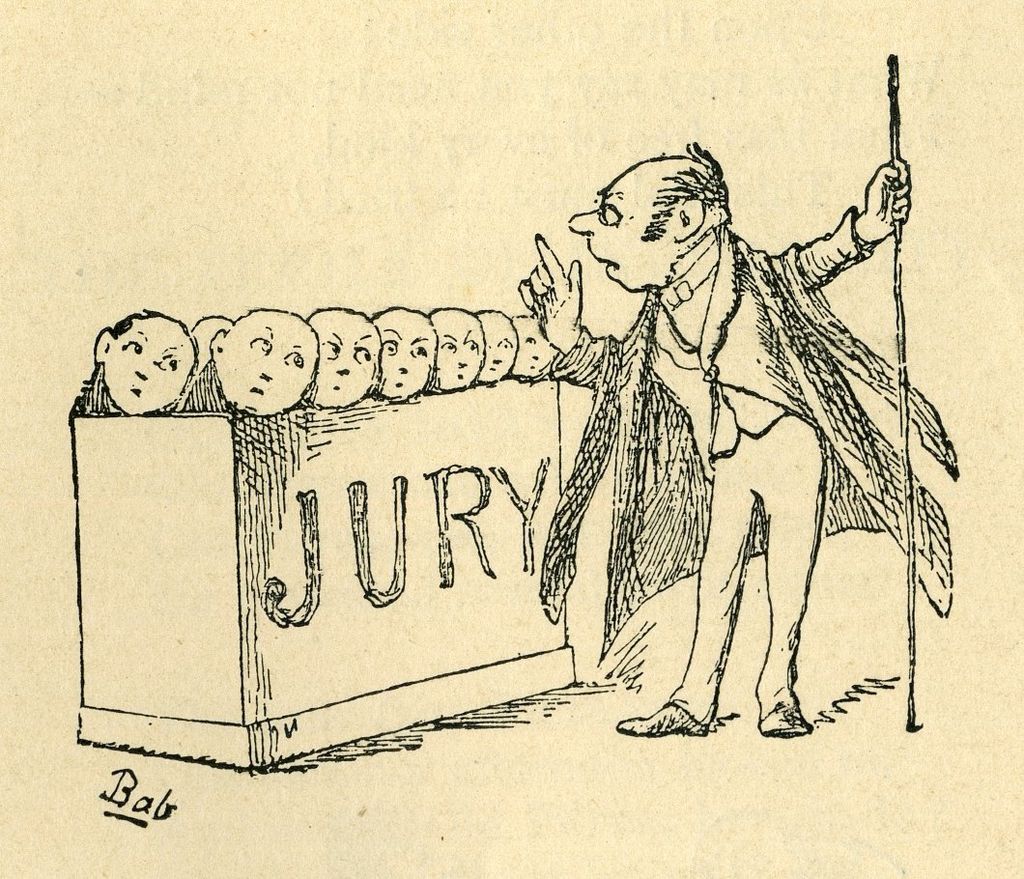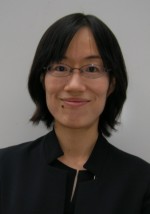Why States Solicit Citizen Input: The Introduction of Jury Systems in Japan and East Asia

- This event has passed.
March 24th, 2015 @ 6:30 pm - 8:00 pm EDT
Cost: FreeDetails »

Over the last decade, jury systems have been introduced in Japan and also South Korea and Taiwan. Traditionally, these states’ criminal trials have been dominated by professional judges. So what are the factors that lead to states allowing greater public input into their criminal proceedings?
For the state, greater public input may enhance the legitimacy of the justice system. And numerous studies of US juries have found that serving as a juror enhances the civic-mindedness of citizens. However, greater public input into criminal proceedings also brings with it considerable risk. Jury members may have different criteria than professional judges for determining guilt or deciding what sentences might be appropriate. Why, despite the perceived risks, have states decided to introduce a lay judge system?
This talk will examine, primarily, the Japanese, but also other Asian contexts, to explain both the timing and structure of these new jury systems.
About the Speaker
Rieko Kage  is Associate Professor of Political Science in the Department of Advanced Social and International Studies at the University of Tokyo. Her research is in the field of comparative politics, with a special focus on participation and civil society. She is the author of the book Civic Engagement in Postwar Japan: The Revival of a Defeated Society, which received Honorable Mention as the Outstanding Book in Nonprofit and Voluntary Action Research from the Association for Research on Nonprofit Organizations and Voluntary Action, as well as the Jury’s Prize from the Japan Nonprofit Organizations Research Association. She is currently co-editor of the Japanese political science journal Leviathan. Kage previously taught at Kobe University and at the University of Michigan, where she was the Toyota Visiting Professor during 2010-2011. She received her B.A. and M.A. in law from Kyoto University and her Ph.D. in Government from Harvard University.
is Associate Professor of Political Science in the Department of Advanced Social and International Studies at the University of Tokyo. Her research is in the field of comparative politics, with a special focus on participation and civil society. She is the author of the book Civic Engagement in Postwar Japan: The Revival of a Defeated Society, which received Honorable Mention as the Outstanding Book in Nonprofit and Voluntary Action Research from the Association for Research on Nonprofit Organizations and Voluntary Action, as well as the Jury’s Prize from the Japan Nonprofit Organizations Research Association. She is currently co-editor of the Japanese political science journal Leviathan. Kage previously taught at Kobe University and at the University of Michigan, where she was the Toyota Visiting Professor during 2010-2011. She received her B.A. and M.A. in law from Kyoto University and her Ph.D. in Government from Harvard University.
Presented in co-operation with Japan Futures Initiative
